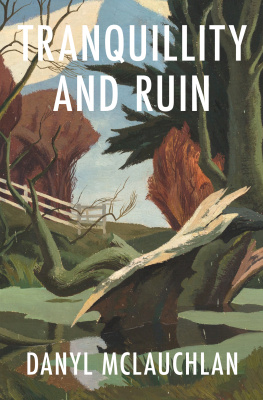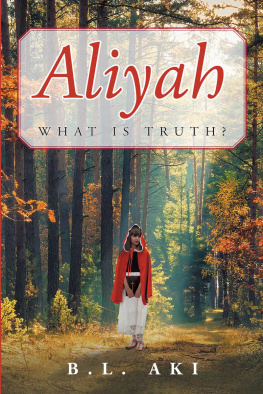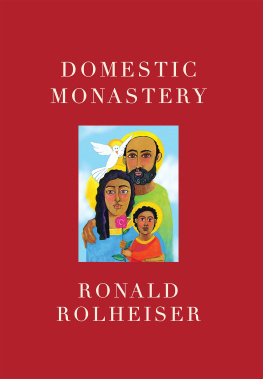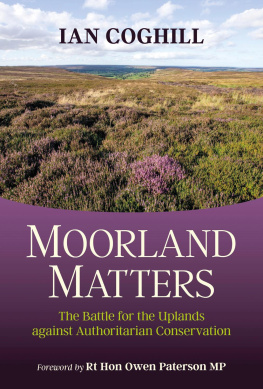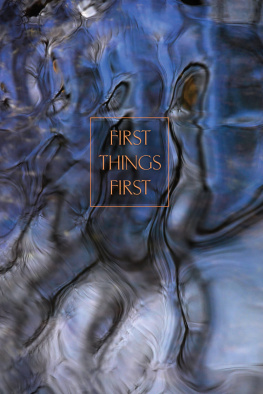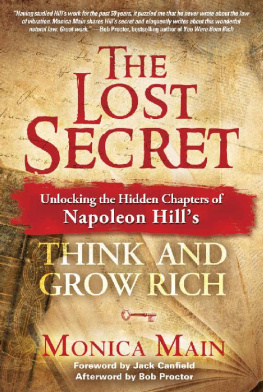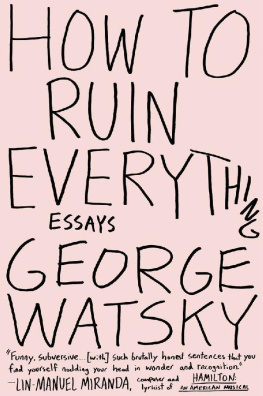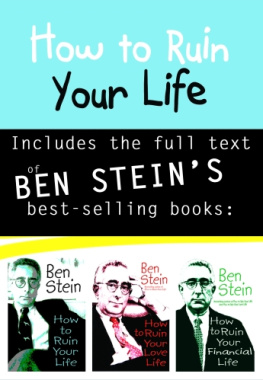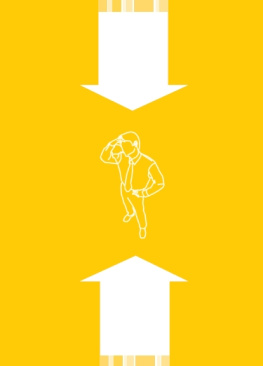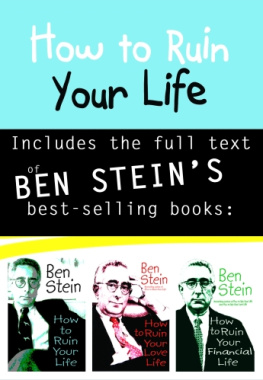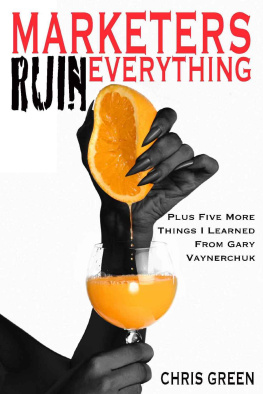

Also by Danyl McLauchlan
Unspeakable Secrets of the Aro Valley (2013)
Mysterious Mysteries of the Aro Valley (2016)


Victoria University of Wellington Press
PO Box 600 Wellington
New Zealand
vup.wgtn.ac.nz
Copyright Danyl McLauchlan 2021
First published 2021
This book is copyright. Apart from
any fair dealing for the purpose of private study,
research, criticism or review, as permitted under the
Copyright Act, no part may be reproduced by any
process without the permission of the publishers.
The moral rights of the author have been asserted.
A catalogue record is available from the
National Library of New Zealand.
ISBN 9781776564118 (print)
ISBN 9781776563982 (EPUB)
ISBN 9781776563999 (Kindle)
Ebook conversion 2021 by meBooks
for Maggie and Sadie
Contents
The book is about tranquillity and ruin. But when I was writing it, I told people it was about uncertainty. Which was technically true. I didnt know what these essays had in common, in terms of a grand theme: they were just separate, mostly unrelated subjects I was obsessed with. Uncertainty sounded important and cerebral while being vague enough to mean anything. But now that theyre finished, I wonder if I was onto something there.
I wrote this book in a state of uncertainty about subjects I used to hold very strong views on. In my twenties I worked in the tech industry, then I studied genetics and wound up on the technical team of my universitys biology department. I published two novels and wrote reviews and political columns. I helped out progressive politicians and worked on an election campaign. And all of this was accompanied by high degrees of certainty about the value of science and technology and progressive politics and rationalism and literature. I havent abandoned my beliefs about any of these things, exactly. Im just a lot less certain about them than I used to be.
The first two essays are about mood disorders and med-itation, and about uncertainty as statisticians and psychologists use the term. Some people with depression and/or anxiety suffer terribly, but I was pretty lucky: diagnosed quickly, I responded well to medication, tapered off it again without too much misery. But Id always thought of myself as a stable, very rational person, so living through periods in which I was not especially sane required some adjustment to my self-image.
Having a mood disorder is a bit like having a bad back. It never quite goes away and you have to manage the condition because if you dont it flares up and ruins everything at exactly the worst time. After some trial and error I found that meditating for half an hour every morning and evening was the best way to not get depressed. This was good for my mental health but terrible for my identity as an arch-rational sceptic. Meditation seemed so mystical and new-agey and none of the mostly terrible books I read on the subject could explain to me why it worked. Im not a psychologist, or remotely qualified to give mental health advice, but I offer up these essays to anyone who is mindfulness-curious yet repulsed by the mists of gibberish that obscure the subject. Theyre an attempt to build a palatable-to-sceptics framework around meditation and the odd and intriguing things that happen to you when you meditate a lot.
The third essay was written in a state of political uncertainty. In June of 2018 I went to a protest outside the US Embassy in Wellington. It was early evening, midwinter, extremely cold. The protest was an anti-Trump event. Earlier that week the US media had reported on the Trump administrations family separation policy, in which the children of illegal migrants entering the US from Mexico were taken from their parents and placed in custody. Young children were being confined alone, in terrible conditions. I wanted to do something and going along to a protest was something, so I did that.
A large crowd turned out for the event, but the embassy was deserted. It was undergoing refurbishment: the buildings were concrete shells adjacent to mounds of dug-up earth, all lit orange by the mounted security lights. We were protesting a construction site rather than a diplomatic post. But I ran into a friend in the crowd who was a PR advisor for a government department. It doesnt matter if theres no one in the buildings, she assured me. What matters is the symbolism and extent of the media coverage. We looked around to see where the news crews were setting up, but there werent any.
We dont trust the mainstream media, one of the organisers explained to us. But you can share it on your social media channels. So we all stood in the darkness in front of a hollowed-out building, our breath misting, while different activists took turns standing on the wall beside the gates denouncing neoliberalism and Trump, and people in the crowd took selfies.
I left early, frustrated by the pointlessness of it all. Walking home it occurred to me that Id felt this way before, many times over my decades lurking on the periphery of protests and progressive political and activist groups. It was never clear to me whether anyone was doing anything useful or just pretending to do stuff to feel better about ourselves.
The political scientist Eitan Hersh calls this political hobbyism. This is when you think of yourself as a committed, political person. You consume vast amounts of books and media and have really sophisticated and informed views about a range of issues. You go online and advocate for those views, or critique or mock people with different ones. Youre happy when elections or other political outcomes go your way and devastated when they dont. And you feel worthy and smart. But, Hersh argues, none of this media consumption or online activism does anything. None of it helps anyone. Its purely about the emotional and intellectual needs of the activist, who is usually educated and financially comfortable and enjoying the fantasy that theyre changing the world, without actually changing anything. Its like being a sports fan but with an unearned sense of moral worth built into the fandom.
This is a painfully accurate description of most of my political activity for maybe ten to fifteen years. I did do some worthwhile work for a political party, but electoral and party politics is stressful and adversarial. Its an environment some people flourish in, but I wasnt one of them. And even if you are one of those people, its hard to change things through democratic politics. Most political contests are zero-sum: no matter what youre doing theres a group of smart, hard-working people in another party or faction trying to stop you, and the people fighting for the status quo usually win. Even if you somehow gain power, government in developed democracies is deeply constrained: political leaders are bounded on all sides by path dependency, elite consensus, market and public sector limitations and the narrow window of public opinion. I dont want to sound too cynical or contrarian about politics. Some problems can only be solved politically; some politicians do enormous good. Some of my best friends really are politicians.
Next page
